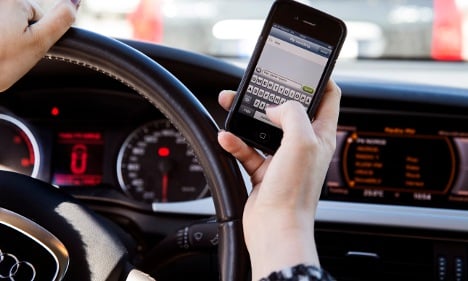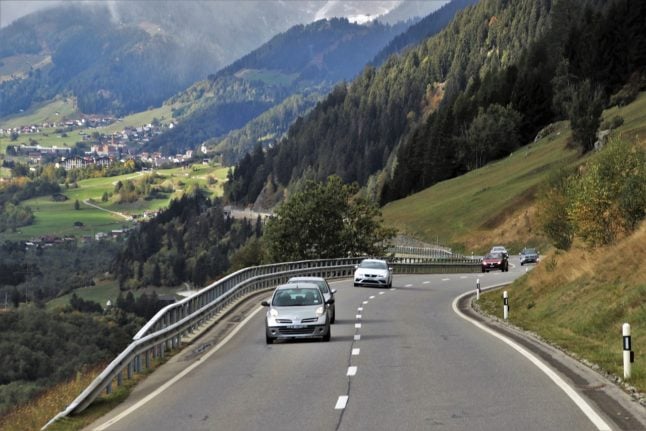Swedish prosecutors charged 15 drivers in December with using their phones in a manner which affected their driving ability. One of the accused, however, slammed the new law.
"The law as such is ridiculous; either you outlaw it or you don't outlaw it," the accused told TV4 news. "It isn't illegal to speak on the phone, so I don't understand what they are trying to achieve."
The first verdict in a case that referenced the new mobile law is expected at the end of January, and will be watched closely. Several of Sweden's police officers have also said the new legislation was not a welcome addition.
"Some think it's worthless," Norrbotten County traffic police spokesman told the TT news agency on Tuesday. "There are other things that are at least as dangerous to do while you are driving."
The new law was introduced in December. Up until then, drivers in Sweden could freely send text messages or speak on their phone without using a hands-free device.The new law, while not prohibiting the use of mobile phones explicitly, states that it is no longer permitted to use them or a GPS in any manner that could be deemed "detrimental" to driving.
"What that means is up to the police," Hans-Yngve Berg of the Swedish Transit Authority (Transportstyrelsen) told Sveriges Television (SVT) at the time, but the police complained there was little or no guidelines in how they should implement the law.
"We have really no instructions," said Bengt Svensson of the national police force's traffic unit. "We won't see the practical significance until after a few convictions."




 Please whitelist us to continue reading.
Please whitelist us to continue reading.
Member comments